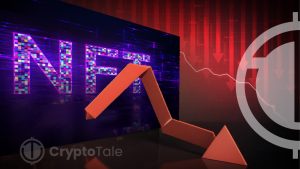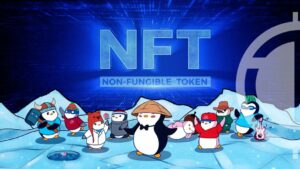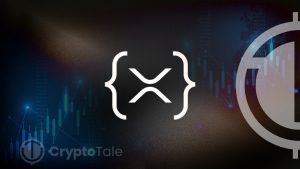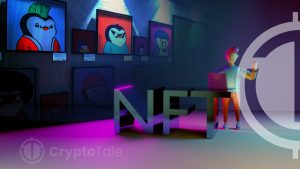Mark Zuckerberg-led Meta officially announced Thursday that it is testing and selling Non-Fungible Tokens (NFTs) on Instagram. During its Creator Week 2022 event on Nov. 2, Meta announced that the upcoming “end-to-end toolkit” for NFTs would allow users to create and launch their own NFTs for sale on Instagram.
The NFTs will be minted on the Polygon blockchain. Ryan Watt, CEO of Polygon Studios, announced the partnership on Twitter.
🚨 MAJOR ANNOUNCEMENT🚨
💻Earlier this year, we announced a display partnership with @Meta.
⛓️Now, @Meta has selected @0xPolygon for MINTING digital collectibles!
For the first time ever, creators will be able to mint & sell Polygon-powered digital collectibles on @instagram! pic.twitter.com/bU0NorU7pe
— Ryan Wyatt (@Fwiz) November 2, 2022
Polygon co-founder Sandeep Nailwal commented:
The value added to the creator economy is unmatchable and championing verifiable digital ownership on a platform with such reach will help us further our goal of onboarding the next billion users to Web3
The app will also retrieve NFT metadata from OpenSea in order to display collection names and descriptions on Instagram.
Meta disclosed that a “small group” of US-based creators will be eligible to test the new features and that expansion to other countries will follow, but provided no timeline.
According to a company statement, Meta will first roll out the new NFT features to a select group of artists and content creators before making them available to a wider audience. Among those chosen for early access to the new Instagram NFT features are photographer DrifterShoots, visual artist Ilse Valfré, and artist Amber Vittoria.
Facebook and Instagram currently support the display of NFTs on the Ethereum, Polygon, and Flow blockchains. Now, Meta has also announced support for the Solana blockchain and its popular Phantom wallet.
Stephane Kasriel, Meta’s head of commerce and financial technology, stated that Meta will not charge fees to create or sell NFTs until 2024, and that blockchain gas fees for buyers will be covered by Meta “at launch.”
“We believe Web3 tech, like blockchain, will positively enhance the economic model for creators by giving them the ability to create new types of digital assets to monetize,” Kasriel said.
However, Meta has not officially revealed how much of a commission it intends to take from NFT sales, nor has it disclosed what its creator royalties system will entail; it is unknown whether it will follow the recent pushes from NFT marketplaces to move to optional royalty models.













